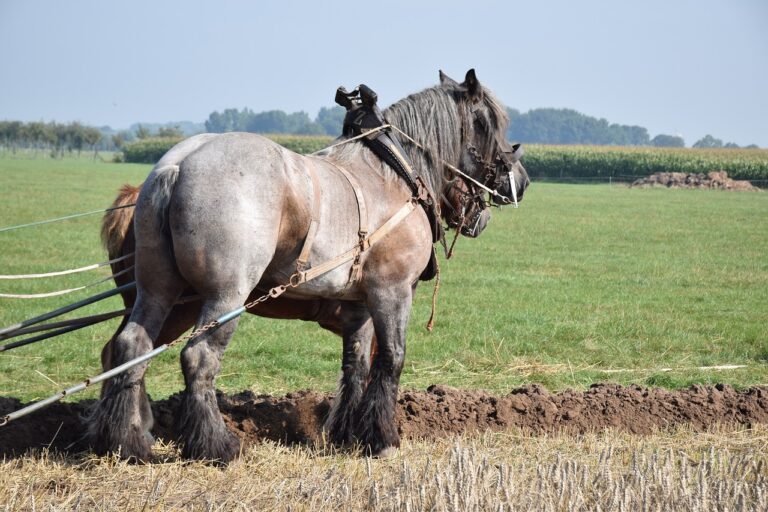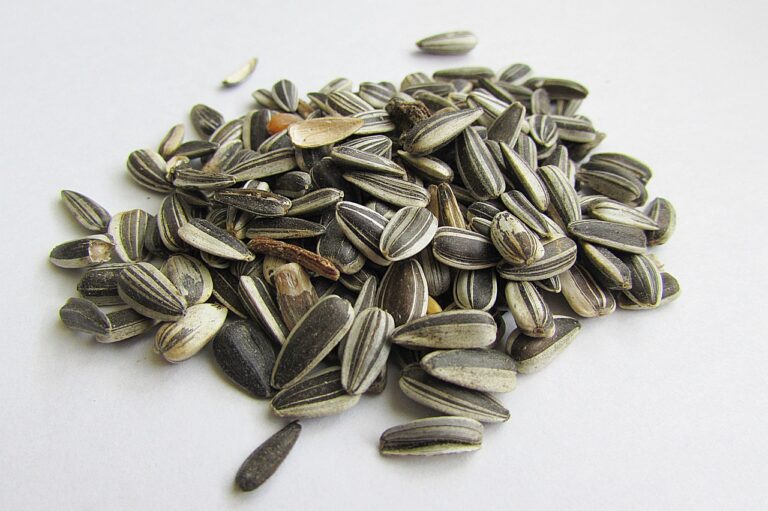The Future of Food Technology: Advancements Reshaping the Way We Eat
Food technology has been rapidly evolving over the past few decades, with advancements reshaping the way we eat and think about food. From innovative new ingredients to cutting-edge cooking techniques, the future of food technology promises to revolutionize the culinary landscape. In this article, we will explore some of the most exciting developments in food technology and how they are shaping the future of food.
Plant-Based Meat Alternatives
One of the most significant trends in food technology is the rise of plant-based meat alternatives. With concerns about the environmental impact of the meat industry and the ethical treatment of animals, consumers are increasingly embracing plant-based options. Companies like Beyond Meat and Impossible Foods have developed plant-based burgers that look, cook, and taste remarkably similar to traditional beef burgers.
Cellular Agriculture
Cellular agriculture is another area of food technology that is gaining traction. This technology involves growing animal cells in a lab to create meat without the need to raise and slaughter animals. By using this method, companies are able to produce meat that is more sustainable, ethical, and environmentally friendly than traditional meat production methods.
3D Food Printing
3D food printing is a game-changing technology that is revolutionizing the way we think about food preparation. This technology allows chefs to create intricate and customized dishes by printing layers of food materials. From intricate sugar sculptures to personalized pizzas, 3D food printing is pushing the boundaries of culinary creativity.
Smart Kitchen Appliances
Smart kitchen appliances are another exciting development in food technology. These appliances use advanced sensors and connected technology to make cooking easier, faster, and more efficient. From smart ovens that can be controlled remotely to refrigerators that can suggest recipes based on the ingredients you have on hand, smart kitchen appliances are changing the way we cook and eat.
Food Waste Reduction
Food waste is a major issue facing the food industry, with millions of tons of food being thrown away each year. Food technology is helping to address this problem by developing innovative solutions to reduce waste. From apps that connect consumers with surplus food from restaurants to packaging that extends the shelf life of fresh produce, food technology is playing a crucial role in tackling food waste.
Vertical Farming
Vertical farming is a sustainable agricultural practice that involves growing crops in vertically stacked layers. By using this method, farmers are able to produce more food in a smaller area, using fewer resources. Vertical farming is becoming increasingly popular in urban areas, where land is limited, and consumers are demanding locally grown produce.
Personalized Nutrition
Personalized nutrition is a growing trend in the food industry, with consumers seeking tailored dietary plans that meet their individual needs and preferences. Food technology is making it easier to personalize nutrition by using data analytics and algorithms to create personalized meal plans and dietary recommendations. From DNA-based diets to personalized vitamin supplements, personalized nutrition is reshaping the way we eat.
Food Safety and Traceability
Food safety and traceability are top priorities for consumers, who want to know where their food comes from and how it was produced. Food technology is helping to improve food safety by developing advanced tracking systems that can trace the journey of food from farm to table. By using blockchain technology and advanced sensors, companies are able to ensure the safety and quality of the food supply chain.
Conclusion
The future of food technology is full of exciting possibilities that are reshaping the way we eat and think about food. From plant-based meat alternatives to 3D food printing, these advancements are changing the culinary landscape and offering new opportunities for innovation. As technology continues to advance, we can expect to see even more exciting developments that will revolutionize the way we eat in the years to come.
FAQs
What are some of the key trends in food technology?
Some of the key trends in food technology include plant-based meat alternatives, cellular agriculture, 3D food printing, smart kitchen appliances, food waste reduction, vertical farming, personalized nutrition, and food safety and traceability.
How is food technology shaping the future of food?
Food technology is reshaping the future of food by introducing innovative new ingredients, cooking techniques, and sustainable practices that are changing the way we think about food production and consumption.
What are some of the benefits of plant-based meat alternatives?
Plant-based meat alternatives offer a more sustainable, ethical, and environmentally friendly option to traditional meat production, helping to reduce the carbon footprint of the food industry and promote animal welfare.
How is personalized nutrition changing the way we eat?
Personalized nutrition is revolutionizing the way we eat by offering tailored dietary plans and meal recommendations that are based on individual needs and preferences, helping consumers make more informed food choices and improve their overall health and well-being.
What role does food technology play in reducing food waste?
Food technology is helping to reduce food waste by developing innovative solutions, such as apps that connect consumers with surplus food from restaurants and packaging that extends the shelf life of fresh produce, to minimize waste and promote sustainability in the food industry.







